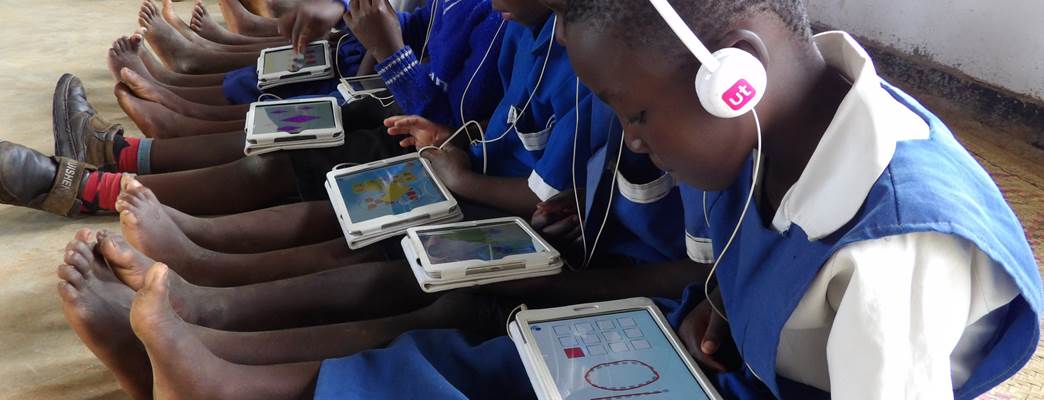Norwegian Prime Minister, Ms. Erna Solberg, launched the education portfolio during her visit to Malawi in July 2014. The Norwegian support to education in Malawi is long term and the portfolio is broad in order to address the different challenges and obstacles to achieve good quality education in Malawi.
The main goal for education in the bilateral cooperation with Malawi is to:
- Contribute to ensure that the quality of education in schools and learning improves, that all children are able to complete primary education, that as many as possible, especially girls, continue to secondary education, ant that the education quality is raised and relevant to the labor market
- Norwegian support to the education sector is aligned with and supports the national sector plan to achieve quality education for all
- Promote synergies between multilateral and bilateral support to education in Malawi and follow up and report on global initiatives from a country perspective
- Contribute to maximize the synergies between the various efforts and between education and health in particular, strengthen government's education system and ensure aid effectiveness
- Prioritize vulnerable and marginalized groups' access to schooling and learning through inclusive education
- Support the coordination work of development partner activities
- Work with the government to improve the quality of comprehensive sexuality education
- Improve the quality of vocational education and skills especially within the field of agriculture
In line with national and global policy, the Norwegian embassy supports programmes aiming to reach results by targeting:
- Out-of-school children's access to education
- Girls' access to and retention in basic education with increased transition to secondary education
- Quality education that promotes learning made accessible for vulnerable groups, children with disabilities included
- The promotion of the use of new technology that improve teaching and learning outcomes
- Continuity of learning and safeguarding of schools in situations of crisis, through food security in particular
- Continuity of learning and safeguarding of schools in situations of crisis, through food security measures in particular
- The development of robust national education system that provides good quality education
- Improved vocational education and training
- Good quality, age appropriate, culturally sensitive and gender transformative comprehensive sexuality education
- Teachers and the boosting of teaching skills and development of incentive schemes to recruit and support qualified teachers where the needs are greatest
The Embassy supports government’s implementation of the Malawi Education Sector Implementation Plan (ESIP II) having been extended to 2020. Grants are channeled through government, as well as the UN and civil society organizations.
